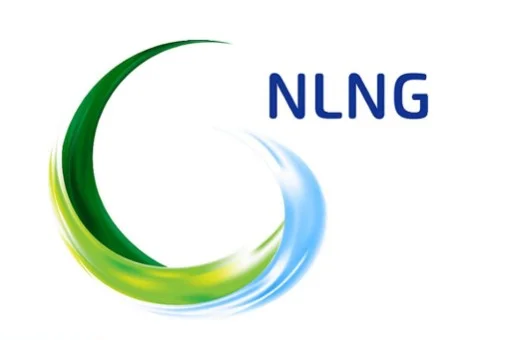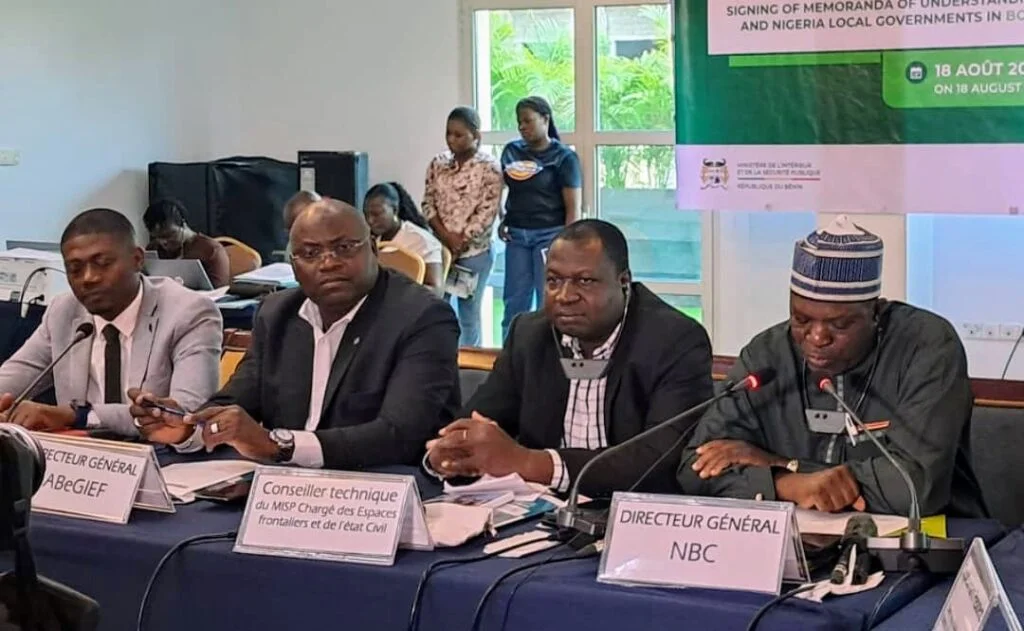Nigeria, NLNG push bold reforms to cement global gas leadership
For decades, Nigeria has been widely recognised for its vast oil and gas resources, but new strategies are now positioning the country as a key driver in the future of global gas supply.
At the recent Gastech Exhibition and Conference in Milan, Italy, an industry gathering that drew more than 50,000 delegates from across 150 countries, Nigeria Liquefied Natural Gas Limited (NLNG) and the Nigerian National Petroleum Company Limited (NNPC Ltd.) presented an ambitious plan to reshape the country’s role in the international energy market.
Central to this plan is the deployment of advanced technologies, including artificial intelligence (AI), methane reduction systems, and large-scale infrastructure projects designed to guarantee steady supply while addressing climate concerns.
NLNG executives explained that AI tools are already being used to improve safety, optimise machine performance, and shorten staff training cycles, allowing new operators to become fully proficient in a matter of months instead of years. The company described this as part of its shift to “smart work over hard work”, where data-driven insights drive efficiency and cut costs.
On climate action, NLNG’s management stressed the urgency of tackling methane emissions, described as far more potent than carbon dioxide in its impact on global warming. The company highlighted investments in detection, monitoring, and recovery systems that ensure gas once wasted is now channelled back into production. Since its inception, NLNG says it has already cut Nigeria’s flaring levels by more than 40 per cent.
Supply security is another priority. With international oil companies divesting from certain operations, NLNG has moved towards sourcing a majority of its feed gas from third parties, a move expected to guarantee stability in the years ahead. Officials added that Train 7, an expansion project currently under construction, will boost capacity by 30 per cent, strengthening Nigeria’s export footprint.
Beyond exports, the conversations in Milan also touched on Africa’s pressing energy poverty. NLNG representatives argued that affordable gas could be the foundation for industrial growth across the continent, sparking new jobs and shifting manufacturing bases into Africa.
At the policy level, NNPC Ltd. and the Federal Government pointed to multi-billion-dollar investment drives, cross-border pipeline projects, and reforms under the Petroleum Industry Act as proof of Nigeria’s determination to become a central energy hub. Projects such as the Ajaokuta-Kaduna-Kano pipeline and the planned Nigeria-Morocco Gas Pipeline are being billed as continental game changers.
Nigeria’s Minister of State for Petroleum Resources (Gas), Ekperikpe Ekpo, underscored the country’s 210 trillion cubic feet of proven reserves, calling natural gas the nation’s bridge to renewable energy. Similarly, the Minister of State for Industry, Sen. John Owan, linked energy sector growth to wider industrialisation plans that aim to raise manufacturing’s contribution to GDP from 10 per cent to 25 per cent by 2035.
Energy experts say Nigeria’s presence at Gastech 2025 highlighted its determination to move from being known simply as a resource-rich nation to one shaping global energy futures through technology, climate action, and large-scale investments.
(NAN)








Haha, NLNG really selling the smart work over hard work narrative with AI, isnt it? Sounds like theyve finally found a way to make staff training *almost* as fast as firing them! On a more serious note, its great theyre tackling methane – though wouldnt a good laugh be more potent for global warming than CO2 these days? And sourcing feed gas from third parties? Classic NLNG, always looking a few steps ahead… or maybe just reacting to divestment like a chess player who suddenly realizes theyve lost the queen. Still, pushing that gas as the answer to Africas poverty is a bold play – hope the jobs materialize faster than Train 7!laser marking machine
Who knew turning wasted gas into production was a thing? NLNG’s move towards smart work is certainly *data*-driven! On one hand, its great theyre tackling methane like its the main villain in a climate movie, reducing flaring by over 40% – talk about turning the other cheek! But sourcing feed gas from third parties while divesting? Its like saying, Dont worry, weve got backup plans for our backup plans! And boosting capacity by 30% with Train 7? Sounds like Nigeria’s export footprint is about to go from notice me now to OMG, look at me! Africas energy poverty sounds like a crying (and hungry) wolf, but affordable gas as the magic solution? Let’s just hope it doesn’t lead to an industrialization surprise party with empty plates. At least theyre aiming for a 25% manufacturing contribution by 2035 – better late than never, right? It seems Nigeria’s really trying to pivot from Resource-Rich Nation to Global Energy Futurist, maybe just without the cape. 🦸♂️💨deltarune chapter 4 asgore prophecy
Haha, NLNG really selling the smart work over hard work AI angle – sounds great until the AI needs a coffee break! On one hand, kudos to cutting flaring – turning wasted gas into production is like finally cleaning out that dusty garage. But sourcing feed gas from third parties? Hope they have good contracts, otherwise NLNG might just be trading one supplier problem for another. And the 30% capacity boost from Train 7? Lets hope its built with the same efficiency those AI tools promise! Turning Nigeria into an energy hub sounds grand, though lets not get too ahead of ourselves – first step, maybe put a light on the Ajaokuta pipeline? 😉 Well done NLNG for aiming high, even if the path looks a bit like a complex construction site!football bros